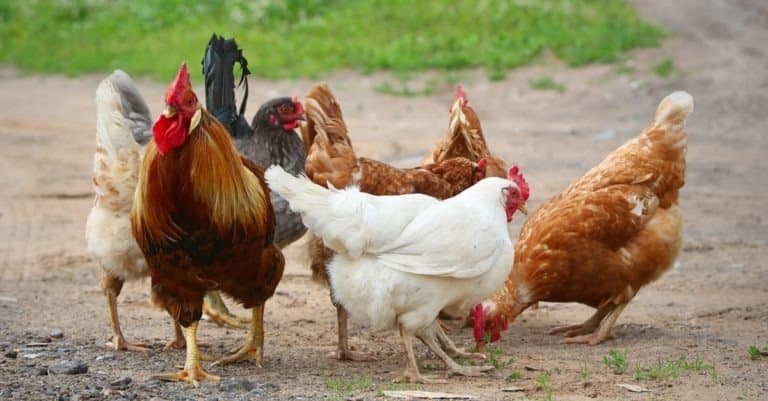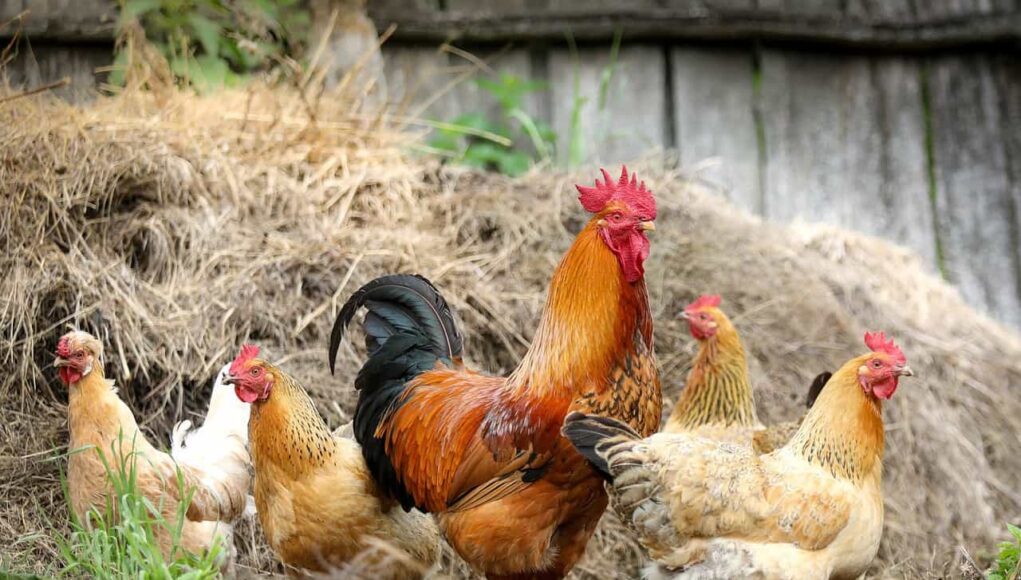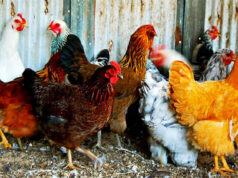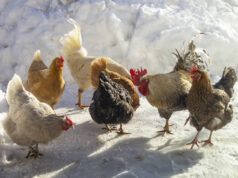Raising baby chickens is a delightful and rewarding experience. For poultry enthusiasts, understanding the basics of how to take care of a baby chicken is crucial to ensure the health and happiness of your flock right from the start.

The First Few Days: A Delighted Beginning
Setting Up the Brooder
In the first few days, baby chickens require a warm and secure environment called a brooder. The brooder should be lined with clean, soft bedding and equipped with a heat source to keep the chicks warm.
Temperature Control
The temperature inside the brooder should be maintained at 95F during the first week. Gradually, it can be lowered by 5F each week until the chicks have fully feathered out.
Food and Water
Ensure fresh water is always available. Use shallow dishes to prevent drowning. Feed your baby chickens a high-quality chick starter feed to support their growth.

Tremendous Growth: The Next Few Weeks
Monitoring Health
Carefully monitor the health of your baby chickens. Look for signs of common diseases and take preventative measures. Learn more about chicken diseases and symptoms at chicken diseases.
Space Management
As the chicks grow, increase the brooder space to prevent overcrowding, which can lead to health issues and stress.
Introducing to the Flock
When your chicks are about 6 weeks old, start gradually introducing them to the existing flock. Supervise their interaction to ensure a smooth transition.

Big Steps: Moving to the Coop
Transition to Outdoor Living
Once fully feathered, chicks can be moved to the outdoor coop. Ensure the coop is predator-proof and well-ventilated to keep your birds safe and healthy.
Nutritional Needs
At this stage, switch their feed to a grower ration to support their continued growth. Always ensure they have access to clean water.
FAQs
How often should I clean the brooder?
Clean the brooder daily to ensure a hygienic environment for your chicks. Regular cleaning will prevent disease and promote good health.
What signs of illness should I watch for in baby chickens?
Watch for signs such as lethargy, loss of appetite, sneezing, and abnormal droppings. Early detection and treatment are key to preventing the spread of diseases.
When can I start handling my baby chickens?
You can start handling your baby chickens gently after the first few days. This will help them get used to human interaction and make them friendlier as they grow.
For more information on choosing the best backyard chickens, visit Timber Creek Farmer.
As an Amazon Associate, I earn from qualifying purchases.










